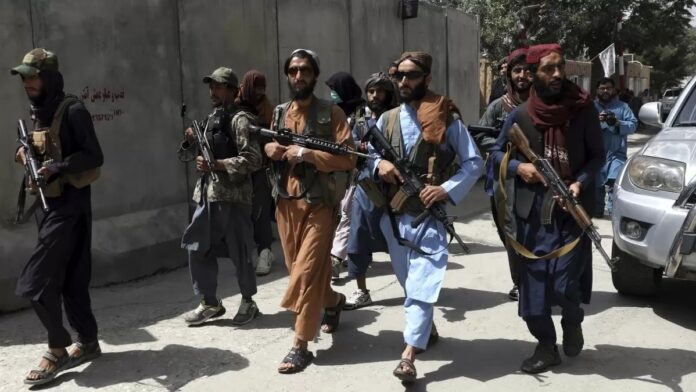
December 16, 2014, remains etched in the collective memory of Pakistan as a day of unparalleled sorrow and profound resolve. The massacre at Army Public School (APS) in Peshawar, orchestrated by the Tehreek-i-Taliban Pakistan (TTP), claimed 150 lives, including 132 schoolchildren. It was not just an attack on innocent lives but a direct assault on the nation’s spirit. Yet, from this tragedy emerged a unified resolve to combat terrorism and fortify Pakistan’s future.
The APS attack was meticulously planned and brutally executed. Militants breached the school premises, targeting students and staff indiscriminately. This heinous act was carried out under the pretext of retaliation for Pakistan’s military offensive, Operation Zarb-i-Azb. What made this attack particularly harrowing was its focus on children—the future of the nation—underscoring the depths of the terrorists’ depravity. The attack shocked the world, eliciting widespread condemnation and solidarity. For Pakistan, it was a defining moment that laid bare the human cost of terrorism and the urgent need for a decisive response.
The APS tragedy was a turning point in Pakistan’s counterterrorism narrative. In its aftermath, the National Action Plan (NAP) was introduced, encompassing a 20-point agenda aimed at eradicating extremism. It signaled a comprehensive approach, including military operations, judicial reforms, and counter-radicalization efforts. One of the most significant steps was the reinstitution of the death penalty for terrorism-related crimes, sending a strong message of zero tolerance for extremist elements. Operation Zarb-i-Azb intensified, targeting militant hideouts and dismantling terror networks across the country. However, the APS attack also brought into sharp focus the role of education in combating extremism. Recognizing schools as bastions of resilience against radical ideologies, Pakistan strengthened security protocols for educational institutions and prioritized reforms to make education more inclusive and accessible.
While military action is crucial, the APS tragedy underscored the need for societal involvement in countering extremism. Families, communities, and educators have a pivotal role in fostering tolerance and critical thinking. Empowering youth with knowledge and opportunities is one of the most effective ways to undermine the appeal of extremist narratives. The attack also inspired numerous grassroots initiatives aimed at promoting peace and resilience. Civil society organizations have worked tirelessly to honor the memory of the APS martyrs by advocating for educational reforms and countering the socio-economic factors that breed terrorism.
Despite these efforts, the resurgence of terrorism remains a pressing concern. The withdrawal of foreign troops from Afghanistan and the subsequent Taliban takeover have provided a sanctuary for groups like the TTP, emboldening their activities in the region. Recent attacks, including the December 2024 assault by the TTP affiliate Tehreek-i-Jihad Pakistan, highlight the ongoing threat. The caretaker government’s policy of expelling illegal foreigners reflects the urgency of addressing both security and economic dimensions of the problem. However, counterterrorism strategies must also focus on long-term solutions, including poverty alleviation, youth engagement, and fostering interfaith harmony.
The martyrs of APS are not merely victims but symbols of a nation’s resilience. Their memory serves as a clarion call to uphold the values of education, unity, and peace. Each step taken to combat extremism and strengthen Pakistan’s socio-political fabric is a tribute to their sacrifice. The nation must also honor the sacrifices of its security forces, who continue to bear the brunt of the fight against terrorism. Their unwavering commitment serves as a cornerstone of Pakistan’s efforts to secure a safer future.
The APS tragedy is a reminder of what is at stake if complacency is allowed to prevail. As Pakistan looks to the future, it must remain steadfast in its commitment to eradicating terrorism in all its forms. This requires not only military strength but also a united effort to address the root causes of extremism. By investing in education, fostering inclusivity, and promoting tolerance, Pakistan can build a society where such tragedies become unthinkable. The memory of the APS martyrs demands nothing less than a concerted effort to ensure that their sacrifice paves the way for a brighter, more secure future. The APS tragedy shook Pakistan to its core, but it also revealed the resilience and resolve of a nation determined to rise above adversity. In honoring the memory of those lost, Pakistan reaffirms its unwavering commitment to peace, education, and the unyielding fight against terrorism.
